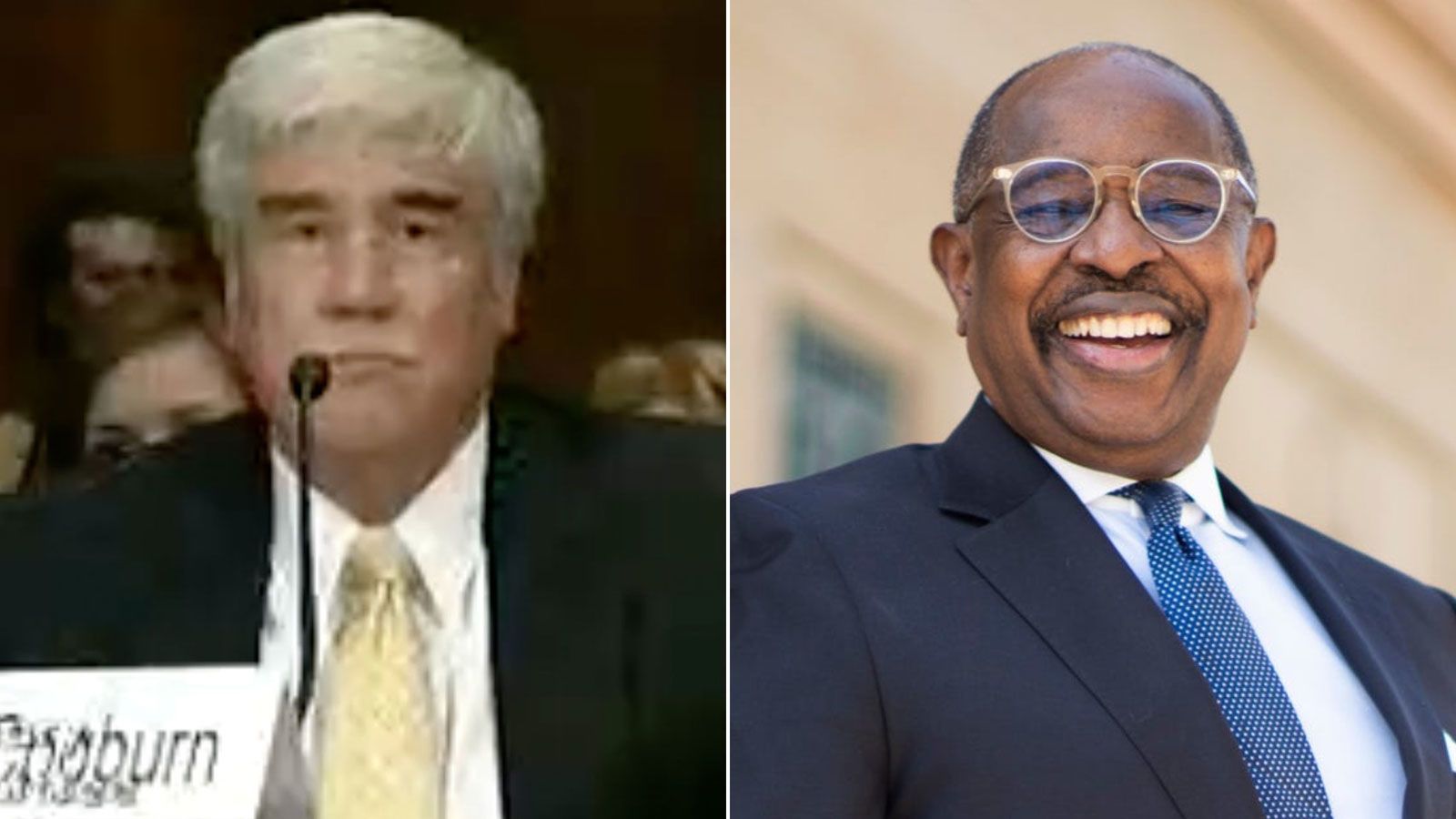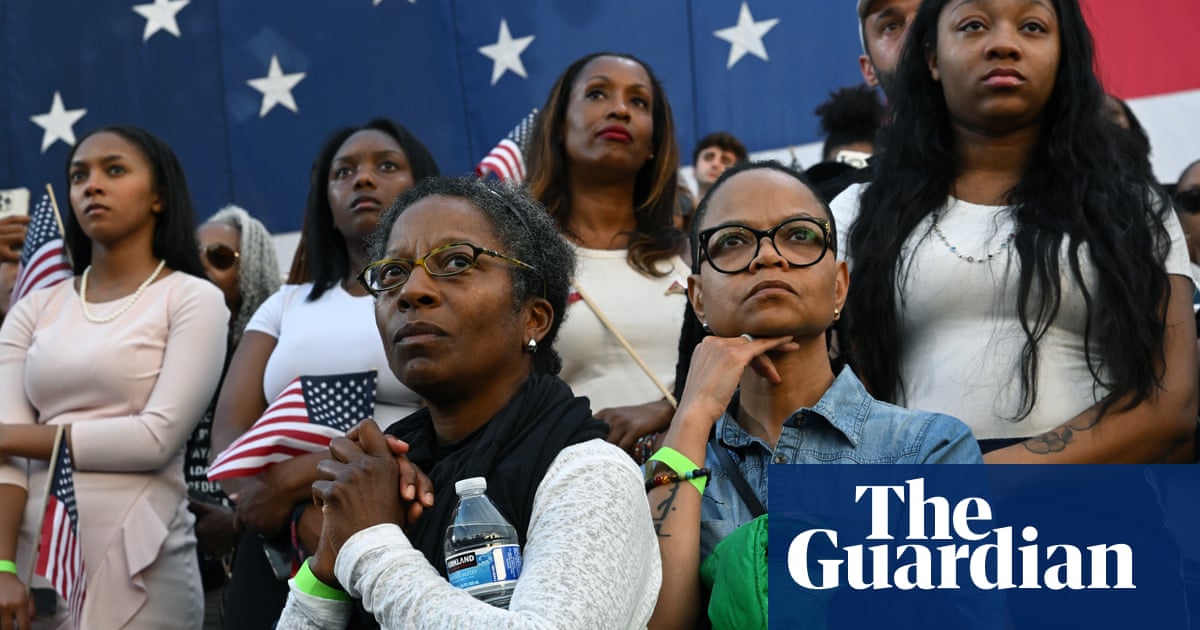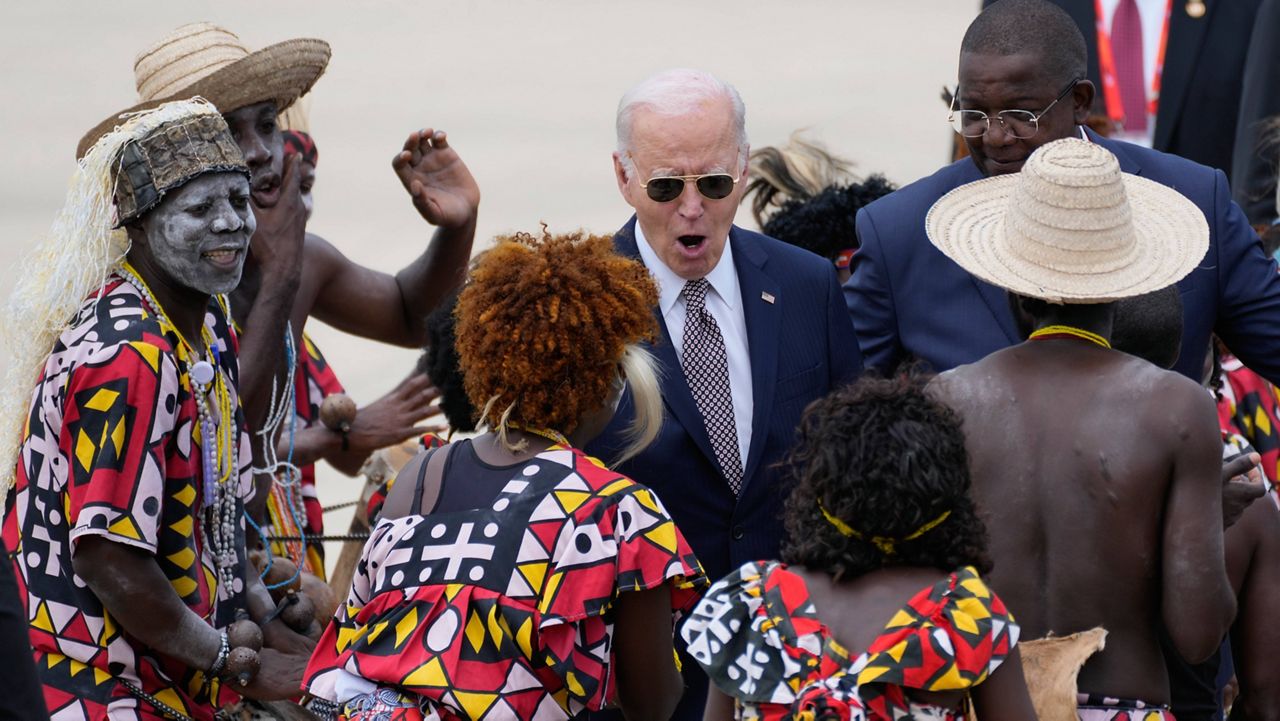- BlackVoter.Org
- Posts
- BlackVoter.Org
BlackVoter.Org


In a surprising twist following Donald Trump's election victory, two liberal judges have decided to withdraw their retirement plans, effectively blocking Trump's opportunity to appoint their replacements. Judge Algenon Marbley and Judge Max Cogburn cited a lack of confirmed successors as their reason for staying on, stirring political tensions in the Senate.
Mitch McConnell criticized this decision as a stark display of partisanship, claiming it undermines judicial integrity. This reversal highlights deeper concerns about potential nominees Trump might push through, particularly as he’s suggested selecting even more conservative judges than before.
With the specter of change looming, several other judges are now reconsidering their own retirement plans, demonstrating how politics shapes the judiciary landscape. This situation reveals the ongoing battle for control over judicial appointments and raises questions about ethics and partisanship in a polarized political environment.

Today, we reflect with heavy hearts on the passing of our beloved colleague, Fath Davis Ruffins, who dedicated more than 40 years to the American History Museum as a distinguished historian, archivist, and curator. Fath's invaluable contributions helped shape our understanding of American history, making it more accessible and engaging for all.
Her unwavering passion for preserving our nation's stories will forever resonate within the museum's walls. As we honor her memory, we invite you to join us in celebrating her remarkable legacy and the countless lives she touched through her work.
Fath's spirit will continue to inspire future generations to explore, learn, and appreciate the rich tapestry of America’s past. We will miss her deeply but cherish the profound impact she made on our community.

In a powerful discussion following Kamala Harris's loss in the 2024 election, Black women activists explored the entwined effects of racism and sexism—termed "misogynoir"—on her campaign. Hosted by the African American Policy Forum, panelists emphasized that the media's post-election narrative failed to address these critical intersections and the role of white supremacy.
Despite Harris receiving overwhelming support from Black women, persistent racist and sexist attacks, notably by Donald Trump, shaped public perception. The experts urged solidarity among Black women, stressing the need for proactive organizing and confronting misinformation.
They called for resilience in the face of adversity, advocating for initiatives like rebuilding freedom schools and utilizing social media to counter disinformation. “This really is not time for retreat or apathy,” stated Fran Phillips-Calhoun, urging the community to unite and strategize for future challenges, underscoring a commitment to empowerment and activism.

Xiomara Larkin, a driven political science major at Penn State, is paving her path to a career in foreign service. After starting her journey at Penn State York, she’s now gearing up to graduate with a master’s in public policy alongside her undergraduate degree.
Xiomara has actively engaged in student government and political internships, including a significant role with the Congressional Black Caucus Foundation, which fueled her passion for international relations. Her internship with the U.
S. Department of State further deepened her understanding of global politics.
Passionate about representing the U.S.
abroad, she aims to work in Washington, D.C.
, before attending law school. Reflecting on her college experience, Xiomara shares that attending Penn State has opened numerous doors, enriching her education and leadership skills.

During his recent visit to Angola, President Joe Biden pledged an impressive $600 million for the Lobito Corridor, a transformative rail project aimed at enhancing connectivity across sub-Saharan Africa. Highlighting the continent's potential, Biden declared, "Africa has been left behind for much too long.
But not anymore. Africa is the future.
" The initiative will refurbish 800 miles of train lines in Zambia, Congo, and Angola, facilitating quicker transport of goods and aiming to turn the region into a food exporter. This significant investment, totaling $4 billion, is also seen as a counteraction to China's growing influence in Africa.
Leaders from Angola, Congo, and Zambia voiced their support, citing the project's potential to create millions of jobs and reshape their economies. Biden’s visit marks a pivotal moment, promoting not only new infrastructure but also a robust Western investment presence in this resource-rich region.

In a provocative discussion with CNN's Kasie Hunt, Rep. Jim Clyburn suggests that President Biden should consider preemptive pardons before his term concludes.
Among the names mentioned, Clyburn notably highlights special counsel Jack Smith, a figure central to many high-profile legal battles involving former President Trump. As Biden contemplates his legacy on justice and accountability, Clyburn's remarks spark debate about the potential implications of such pardons.
With political tensions running high and the 2024 elections looming, the idea of shielding key figures from prosecution adds a layer of complexity to already heated discussions around governance. Clyburn's comments remind us that the decisions made in the White House can reverberate far beyond the Oval Office, shaping narratives and fates as the nation moves forward.

The Obama Democracy Forum is set to begin in Chicago, aiming to tackle the pressing need for bipartisan dialogue amidst increasing polarization. Featuring notable speakers like former President Barack Obama, actor Ryan Reynolds, and singer Reyna Roberts, the forum seeks to empower community leaders with tools and strategies for fostering respectful conversations.
Valerie Jarrett, CEO of the Obama Foundation, emphasizes the importance of connecting people who feel politically disenfranchised, encouraging them to focus on common ground and engage in difficult discussions without animosity. The forum is not just about addressing current challenges but also about preparing future leaders with the skills needed to navigate complex conversations and build a more harmonious society.

In a gripping analysis of the 2024 U.S.
elections, The Pinnacle Gazette explores how Donald Trump’s skillful navigation of the culture war has cemented his political dominance. As Kamala Harris’s campaign struggled to articulate a resonant message, Trump capitalized on long-standing societal divides, ignited by movements like the Tea Party and aided by strategic propaganda techniques.
The article highlights how Trump's emotionally charged narratives surrounding immigration, crime, and economic woes have expertly tapped into voter fears, shifting the landscape of American politics. Meanwhile, critics warn that this divisive rhetoric not only undermines democracy but also perpetuates exclusionary ideologies, challenging the Democratic Party to counteract effectively.
The article concludes with a call for unity among progressives and the development of a compelling vision for America's future—one grounded in inclusivity, justice, and authentic engagement to reclaim the narrative from the grip of Trumpism.

During a pivotal Supreme Court session focused on Tennessee's ban on gender-affirming care, Justice Ketanji Brown Jackson passionately evoked the landmark Loving v. Virginia case, which struck down interracial marriage bans.
As arguments heated up, she expressed concern about the potential implications of the court's decisions on long-standing equal protection rights, drawing parallels between past and present civil rights struggles. Jackson, the court’s first Black female justice and in an interracial marriage herself, highlighted the similarities between the arguments used in both cases, questioning whether the current court would uphold the history of progress established by Loving.
The confrontation raised alarms among progressives, echoing fears about the court’s trajectory since the controversial Dobbs v. Jackson ruling that overturned Roe v.
Wade. Advocates for transgender rights voiced, alongside Jackson, the urgency of protecting hard-won civil liberties in what could be a defining moment for LGBTQ+ rights in America.

In her thought-provoking column, Angelina Akouri explores the intertwining of politics and romance, highlighting how political values significantly shape our relationships. After a conversation with a classmate who dismissed voting as futile, Akouri reflects on her own evolving perspective.
She argues that aligning political beliefs with a partner is crucial, as these values influence major life decisions, from family planning to career aspirations. While societal norms discourage political discussions in personal settings, Akouri encourages early conversations about political views to prevent future conflicts.
She passionately asserts that the stakes are too high to overlook compatibility in beliefs, suggesting that the cumulative effects of differing political ideologies can build resentment and emotional distance. Ultimately, she advocates for prioritizing political alignment over other traits when seeking a partner, urging readers to "engage with Fox News or CNN—don’t get engaged to the opposite party.